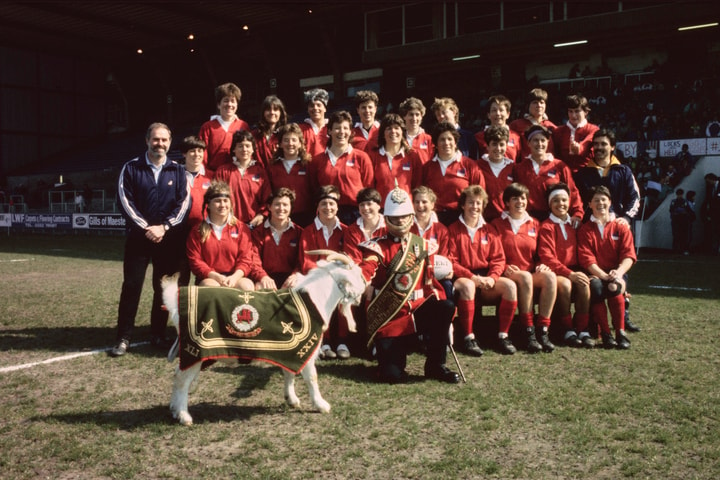The 1920s was an oasis for female participation in sport and physical activities in France. Along with the very popular women's Olympics, established by Alice Milliat, women's omni-sports clubs sprung up around the country. These venues provided safe locations for women and girls to participate in a variety of sports, from gymnastics to football, and even became the home of women's rugby teams.
Dr Marie Houdré and André Theuriet, former French men's rugby union international, adapted the laws of rugby to create a new sport specifically suitable for women. Calling the sport "barrette", which was sometimes written "barette" in newspaper reports, recalled the earlier sport that had developed in popularity during the late nineteenth century before the imported game of Rugby Football took root in France. This new 1920s version of barrette, however, was specifically reported as an adaptation of rugby union to make the game suitable for women, and barrette players can therefore be considered women's rugby players.









